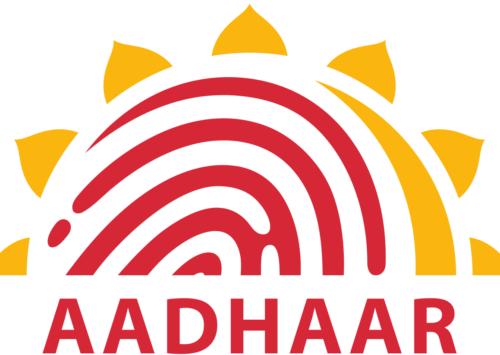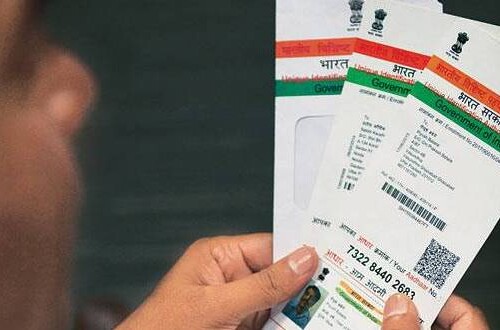Supreme Court gives its verdict on Aadhaar Card
The Supreme Court of India declared the Centre’s flagship Aadhaar scheme as constitutionally valid but declared some of its provisions, including its linking with bank accounts, mobile phones and school admissions, as unnecessary.
A panel of judges yesterday declared the Centre’s flagship Aadhaar scheme as constitutionally valid but struck down some of its provisions of the Act – Section 33(2), 47 & 57. The court said that mobile phones and bank accounts do not need to be linked with Aadhaar, though it still has to be linked with PAN (Permanent Account Number) cards for filing income tax-returns and for availing facilities of welfare schemes and government subsidies. Schools also cannot insist on Aadhaar number of a child during admissions, as everyone in the country has the right to to be educated. Students of CBSE (Central Board of Secondary Education), NEET (National Eligibility cum Entrance Test), UGC (University Grants Commission) also do not require Aadhaar number to appear in the examinations.
After becoming the second-longest hearing in the history of the Supreme Court – spanning 38 working days and nearly five months – a five-judge bench was set up to deliver its verdict in the Aadhaar case. Introduced in 2009 by the Manmohan Singh-led United Progressive Alliance (UPA) government, India’s Aadhaar scheme has grown to become the world’s largest biometric ID programme. It is meant to help people belonging to the marginalised sections of the society and takes into account the dignity of people not only from personal but also from community point of view.
The initial mandate for Unique Identification Authority of India (UIDAI), which administers the project, was to mitigate corrupt practices and bring transparency to systems and processes, both in the public and private sectors. For instance, the 12-digit unique identification number was touted as a remedy to India’s leaky public distribution system (PDS), where rampant impersonation denied benefits to those in need.
However, while the Aadhaar initiative started as a self-contained unique identification programme aimed at curbing leakages in India’s welfare system, it had since then morphed into a sprawling identity ecosystem that looked to integrate itself at every point where the country interacts with its citizens. This was seen as an intrusion into the ‘Right to Privacy’ by many private companies.
Most commercial banks and e-wallet companies like Paytm had so far been insisting its customers to get their KYC (Know your customer) done using Aadhaar card and had warned account holders that their services will be blocked in case of failure to do so. However, now linking Aadhaar number to avail these services is not mandatory.













